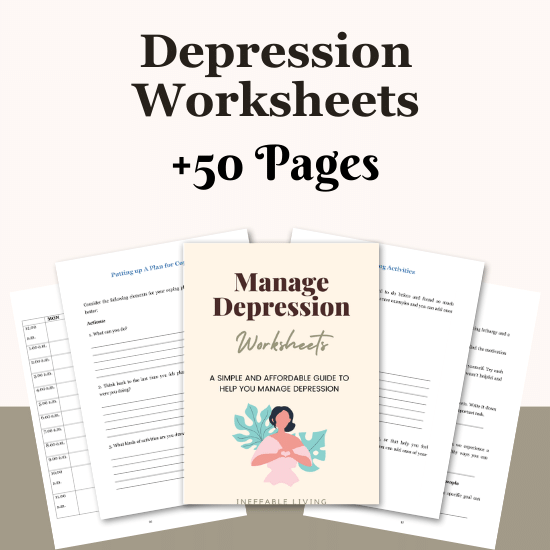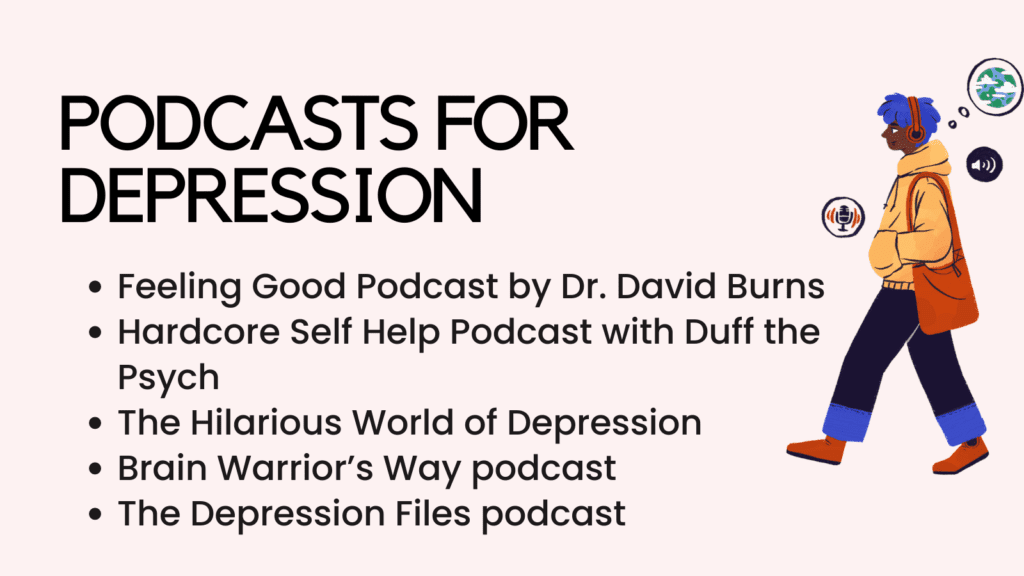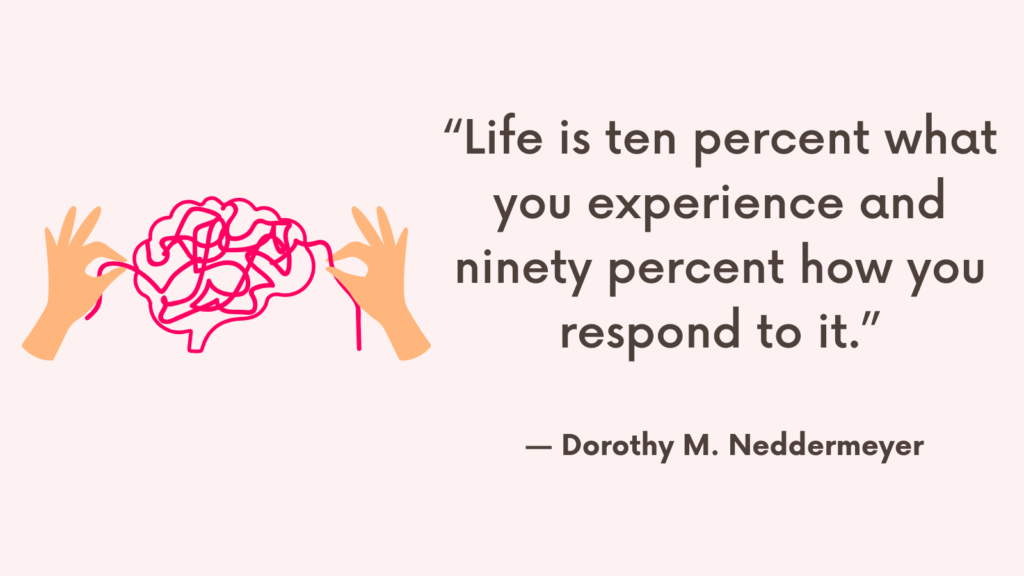Graduating is supposed to be a time of celebration, achievement, and excitement about the future. But for many, post-graduation can bring feelings of anxiety, sadness, and uncertainty instead of joy. The transition from student life to the real world can be overwhelming, leaving many recent graduates feeling lost, unmotivated, or even depressed.
If you are experiencing post-graduation depression, know that you are not alone. It is a common yet often unspoken struggle. Here, we will explore why post-grad depression happens and practical steps to help you navigate this difficult period.
Why Does Post-Graduation Depression Happen?
The transition from college to post-grad life brings major life changes, including:
Loss of Structure – In school, you had clear goals, assignments, and deadlines. After graduation, there is no set path, which can feel unsettling.
Uncertainty About the Future – Questions like “What’s next?” or “What if I don’t find a job?” can create anxiety and self-doubt.
Job Market Pressures – The struggle to find a job, rejection emails, and comparing yourself to others can be discouraging.
Social Isolation – Friends may move away, making it harder to maintain a strong support system.
Financial Stress – Student loans, rent, and everyday expenses can feel overwhelming without a steady income.
Expectation vs. Reality – Many graduates expect to feel accomplished and happy, but reality often feels different, leading to disappointment.
These factors combined can contribute to feelings of sadness, loneliness, and hopelessness. But there are ways to manage these emotions and move forward.
Related: High Functioning Depression Test (+Effective 3-Step Guide To Overcome High Functioning Depression)
How to Cope with Post-Graduation Depression?
1. Normalize Your Feelings – You Are Not Alone
Many graduates feel the same way, even if they do not talk about it. The sudden shift from structured student life to an uncertain future can be jarring. Instead of judging yourself for feeling lost, acknowledge that these emotions are valid and normal.
It can be helpful to remind yourself:
“I am in a transition period, and it is okay to feel uncertain.”
“I do not have to have everything figured out right away.”
“This phase is temporary, and I will find my path with time.”
Talking to other recent graduates can also help you realize that you are not the only one struggling.
Related: Top 10 Signs of Silent Depression
2. Create a Daily Routine
One of the biggest challenges after graduation is the lack of structure. Without classes, assignments, and scheduled activities, it is easy to feel lost. Creating a daily routine can help restore a sense of stability and purpose.
Try to:
Set a consistent wake-up time
Create a schedule for job searching, exercise, and personal projects
Incorporate small goals to keep yourself motivated
Plan social activities, even if it is just a virtual chat with a friend
Having structure reduces feelings of aimlessness and helps you take small steps toward progress.
Related: What is Anxious Depression?
3. Set Small, Achievable Goals
Post-grad depression often comes from feeling like you are not achieving enough. Instead of focusing on big, overwhelming goals like “find my dream job,” break things down into small, manageable steps:
Update your resume and LinkedIn profile
Apply to a set number of jobs per day or week
Reach out to professionals for informational interviews
Take an online course to improve your skills
Start a side project or freelance work to build experience
Small wins create momentum and help build confidence over time.
4. Manage Job Search Anxiety
The job search process can be frustrating and emotionally draining. Rejections, long waiting periods, and competition can make it easy to doubt yourself. To keep your mental health in check:
Set realistic expectations – Job hunting takes time, and rejection is part of the process.
Avoid comparing yourself to others – Everyone’s journey is different, and social media often showcases only the highlights.
Take breaks – Job searching does not have to be a 24/7 activity. Stepping away helps prevent burnout.
Celebrate small wins – Getting an interview, networking with someone new, or improving your resume are all accomplishments.
Your worth is not defined by how quickly you land a job. Keep going at your own pace.
Related: The Silent Struggle: How to Manage Depression-Related Anger?
5. Stay Socially Connected
Post-grad life can feel isolating, especially if friends have moved away or have busy schedules. Loneliness can make depression worse, so make an effort to stay connected:
Schedule regular check-ins with close friends
Join online communities for graduates facing similar struggles
Attend networking events or social gatherings in your area
Reconnect with family and loved ones
Even small interactions can help you feel less alone and more supported during this transition.
Related: How to Manage Summer Depression?
6. Take Care of Your Mental and Physical Health
When struggling with post-graduation depression, self-care can feel like an afterthought. But taking care of your mind and body is essential.
Get moving – Exercise boosts mood and reduces stress, even if it is just a short walk.
Prioritize sleep – Poor sleep can worsen depression and anxiety. Try to maintain a consistent sleep schedule.
Eat nourishing foods – A balanced diet can support brain function and energy levels.
Practice mindfulness – Meditation, deep breathing, and journaling can help manage stress and negative thoughts.
Limit screen time – Social media can contribute to comparison and self-doubt. Take breaks when needed.
Making small, positive choices every day can help improve your mental well-being over time.
Related: Top 10 Reasons You’re Feeling Unfulfilled In Life
7. Consider Talking to a Therapist
If your feelings of sadness, anxiety, or hopelessness persist, seeking professional support can be incredibly beneficial. A therapist can:
Help you process your emotions
Offer tools to manage anxiety and depression
Provide guidance on life transitions and career decisions
There is no shame in seeking help—mental health support can make a significant difference in how you navigate this period of uncertainty.
8. Remember: This Phase Is Temporary
Post-graduation depression can feel overwhelming, but it will not last forever. Transitions take time, and just because you are struggling now does not mean you will always feel this way.
Think about past challenges you have overcome. Life changes constantly, and this stage is just one part of your journey.
It is okay to feel lost. It is okay to not have everything figured out. Give yourself grace, take small steps, and trust that you will find your way.
Related: Best 23 Gifts For People With Depression

Final Thoughts
Post-graduation depression is real, and you are not alone in feeling lost after finishing school. The lack of structure, uncertainty about the future, and pressure to succeed can make this transition difficult. However, by creating routines, setting small goals, staying connected, prioritizing mental health, and seeking support when needed, you can navigate this phase with more ease.
Your journey does not have to be perfect. Take it one step at a time, and trust that you are growing through this experience.



